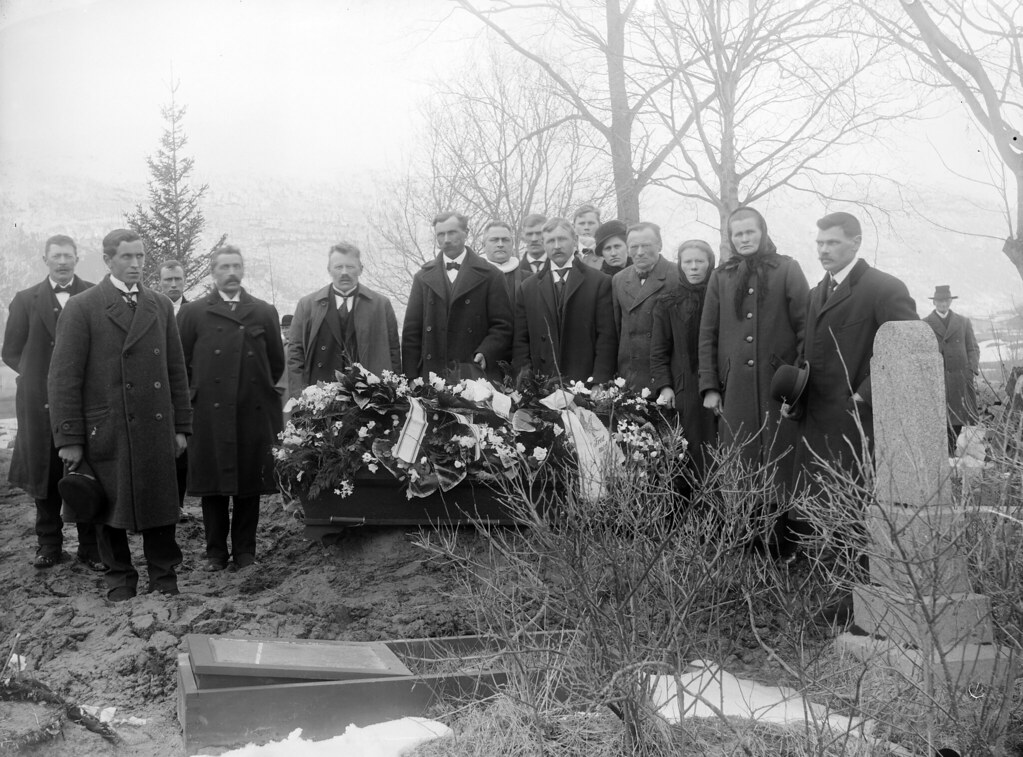STEM
History of Science
Nature of Science
Edward Hessler
"A new scientific truth does not triumph by convincing its opponents and making them see the light, but rather because its opponents eventually die, and a new generation grows up that is familiar with it."--Max Planck, Theoretical Physicist, Nobel Prize, 1918
The most paraphrased variant is "Science advances one funeral at a time."
In a recently published paper in the American Economic Review titled "Does Science Advance One Funeral at a Time?" Pierre Azoulay, Christian Fons-Rosen, and Joshua S. Graff Ziven investigate this claim.
In a recently published paper in the American Economic Review titled "Does Science Advance One Funeral at a Time?" Pierre Azoulay, Christian Fons-Rosen, and Joshua S. Graff Ziven investigate this claim.
For their study, Azoulay and his co-workers who are professors of management at Massachusetts Institute of Technology (MIT), investigated the effect of the premature death of a star scientist on the literature. This is the abstract:
"We examine how the premature death of eminent life scientists alters the vitality of their fields. While the flow of articles by collaborators into affected fields decreases after the death of a star scientist, the flow of articles by non-collaborators increases markedly. This surge in contributions from outsiders draws upon a different scientific corpus and is disproportionately likely to be highly cited. While outsiders appear reluctant to challenge leadership within a field when the star is alive, the loss of a luminary provides an opportunity for fields to evolve in new directions that advance the frontier of knowledge."
The study lends some support to the infamous quip attributed to Planck. Science does appear to advance funeral by funeral. However, there is a residue of ambiguity, too. The authors write, "While
we can document that eminent scientists restrict the entry of new ideas and scholars
into a field, gatekeeping activities could have beneficial properties when the field
is in its inception; it might allow cumulative progress through shared assumptions
and methodologies, and the ability to control the intellectual evolution of a scientific
domain...."
Pierre Azoulay is a professor of management at MIT.
Christian Fons-Rosen is an economist at the University of California-Merced.
Joshua S. Graff Ziven holds dual professorships at the University of Californa--San Diego.
A full copy of the paper (32 pages) which includes a long and thorough discussion of the study design and analysis may be found at the American Economic Review website.


No comments:
Post a Comment